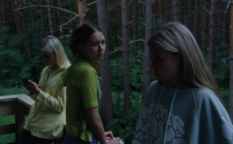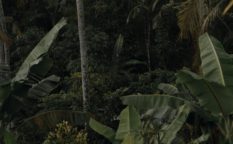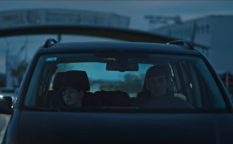Focus on Simplice Ganou at Sheffield Doc|Fest
The Koro of Bakoro, The Survivors of Faso (2017)
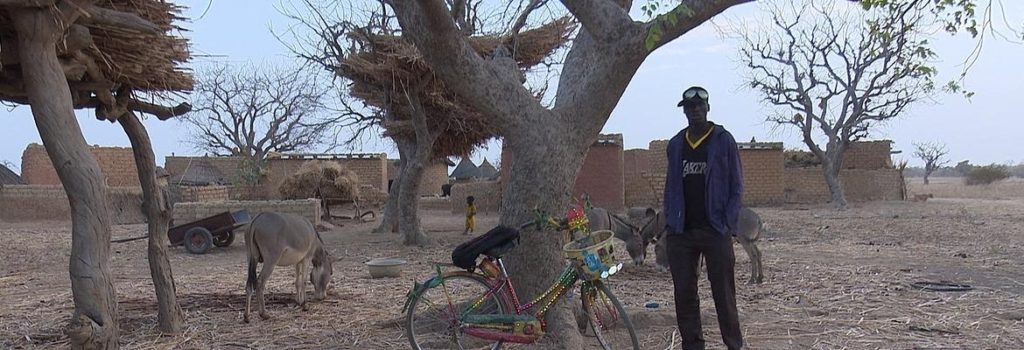
While it is not necessary to have seen the precursor documentary Bakoroman, the sense of context it provides lends to a richer viewing experience of The Koro of Bakoro, The Survivors of Faso. In the nine years since Bakoroman, many of the boys whose lives we were given a front row to have died, or returned back to their families in the rural areas. One of them, Polo refuses to because he hates farming and the backbreaking monotony that awaits him, in comparison to Ouaga where he repairs an assortment of lamps and bicycles and deems himself a DIY master with a fondness for repurposing plastic. In Ouaga he can wake up penniless, but have smokes leftover from the previous day, but in the village he must rise and farm like his uncles.
The Koro of Bakoro… is not a happy ending. Where Bakoroman saw an odyssey to Ouaga, we see now that the aftermath did not lead to a comfortable resolution. Life is still taken on a day by day basis. There is a clear treatise by Polo on the abominable treatment of people like him in his own country. Unparalleled hardship, escalated by the economic realities of moving around paperless, a comparison that Polo begets as having a chicken hold even more value than a person without papers. A comparison that sees him frightened about dying and hoping to shackle the devil that is homelessness and poverty loose from his life.
The narrative technique is a simple one. The camera follows Polo and his crew of boys, letting them be as it tracks their movements and conversations. This time there is no talking head set aside from the group. Occasionally, voice over lends to the scenes as to peel some additional meaning from the subjects without seeming too prodding. While the choice carries some merit as a certain directorial distance minimizes the gaze from being too compromised, unfortunately this passivity is mostly a weakness because it also limits the avenues for deeper exploration. Some of documentary’s brightest moments come from watching Polo and his friends roil off their life stories via song and dance. In an impromptu performance, a boy shares the story of his father selling him to buy millet. Polo sings of painful job losses ending on a note of prayer and optimism.
If nine years have passed with no serious positive tilt, it is hard pressed to remain hopeful that Polo and the boys will make it another nine, but it is not the job of the director to make such speculations or comment on the deeper structural challenges that enable such poverty in the first place. The Koro of Bakoro… is an observation of a life at the fringes, one deeply underrepresented in the collective gaze of the environment. By letting the camera fix on them relentlessly the eye of the viewer is forced to contend with, and live within the reality of polo and his friends, with no buffer, we are able to see that they are as human as the rest of us. With the same feelings, needs and hopes.
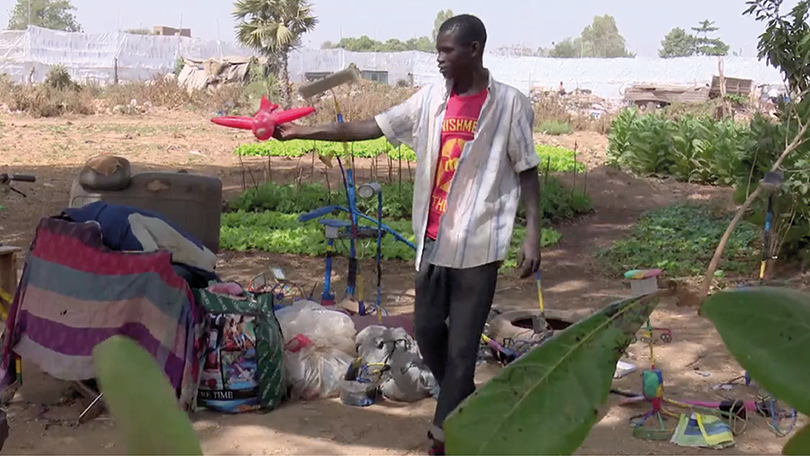
Original Title: Le Koro du Bakoro, Les Naufragés du Faso
Country: Burkina Faso, France
Language: Peul, French
Runtime: 78′
Written & Directed by: Simplice Ganou
Cinematography: Oumar Ba, Simplice Ganou
Editor: Feder Isabelle
Colourist: Geoffrey Kenner













